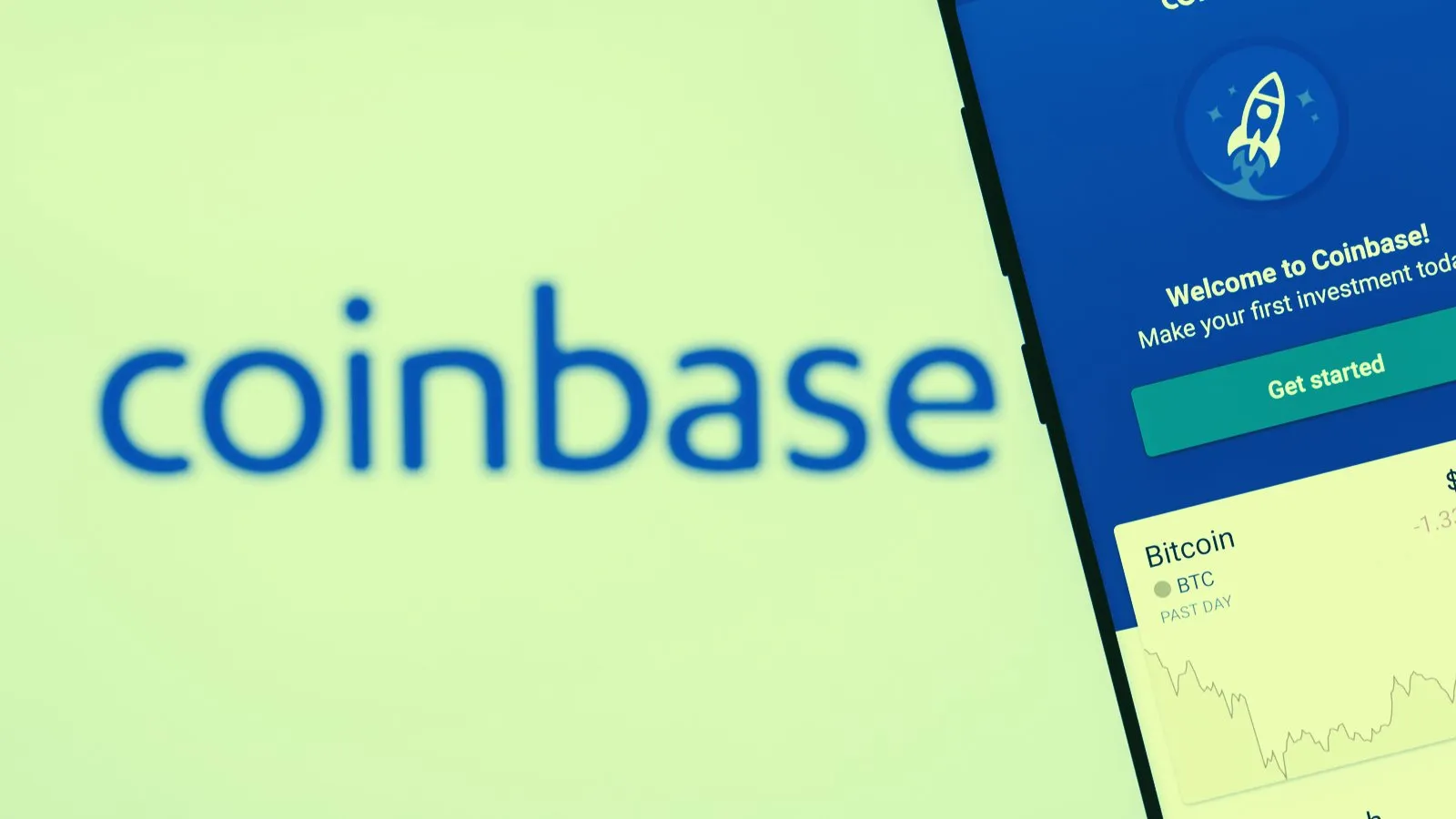In brief
- Coinbase has shared a public year-end report for 2020.
- The company claims to have $90 billion on its exchange, across a range of cryptocurrencies.
- Coinbase also details its relationship with Microstrategy, the tech company it’s helped purchase huge amounts of Bitcoin.
In a newly released year-end report, Coinbase has said it now has over $90 billion in cryptocurrencies on its platform.
The report, which is geared to Coinbase’s institutional clients, was released Friday afternoon, and attempts to clarify the company’s place in the broader crypto ecosystem.
Topics include the state of Bitcoin in 2020, as well as Ethereum, DeFi, crypto regulation, and “cryptodollars,” otherwise known as stablecoins—these are cryptocurrencies that aim to eliminate volatility with backing from fiat money.
Coinbase, together with payments firm Circle, launched the stablecoin USD Coin (USDC) back in 2018. The idea is that the price is always $1.00, and that there’s one real dollar for every USDC issued. USDC is still a distant second to Tether (USDT) in terms of market capitalization and trading volume, though the growth of USDC is currently outpacing the market leader.
“The most common-use case we see for crypto dollars is efficiently moving funds between exchanges,” reads the report. “Increasingly, we also see private financings, e.g. venture investments in start-ups and new crypto assets, being funded with USDC by more crypto-savvy investors. Finally, we see a growing number of crypto users leveraging cryptodollars to engage with DeFi protocols.”
USDC’s market cap began 2020 below $500 million; it’s since risen to over $5.4 billion.
The report also details the Coinbase’s relationship to several large institutional clients, such as MicroStrategy and One River Asset Management. Microstrategy, helmed by Bitcoin evangelist Michael Saylor, has purchased a whopping 70,784 bitcoins in deals brokered by Coinbase—that’s over $2.3 billion.
Microstrategy’s massive investment may have played a role in the Bitcoin bull market this past fall; since the company’s first buy in August, other large institutional players like Square and PayPal have announced support for crypto in their payments products.
Disclaimer
The views and opinions expressed by the author are for informational purposes only and do not constitute financial, investment, or other advice.

